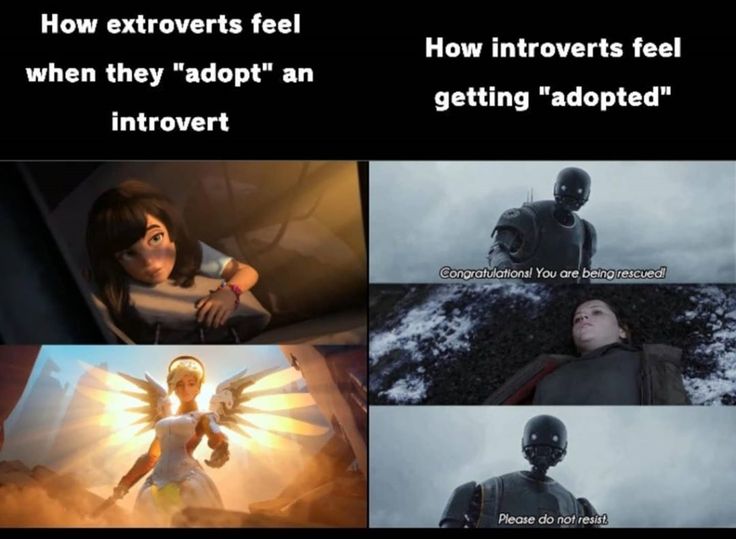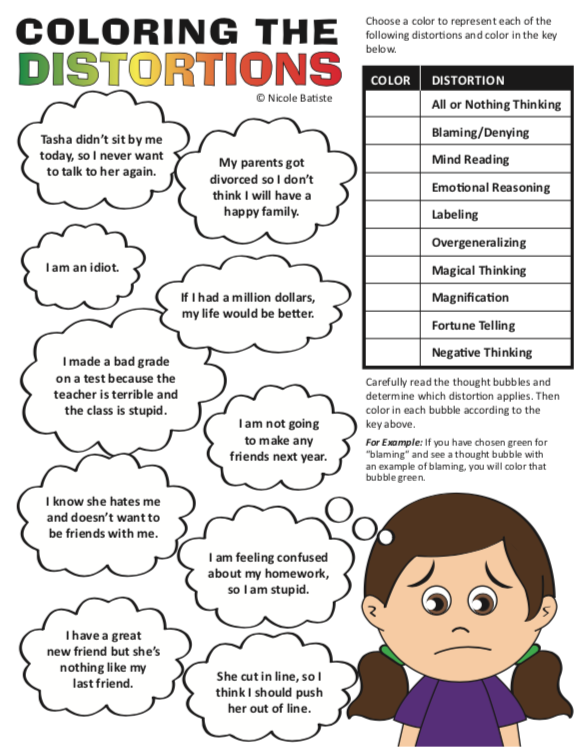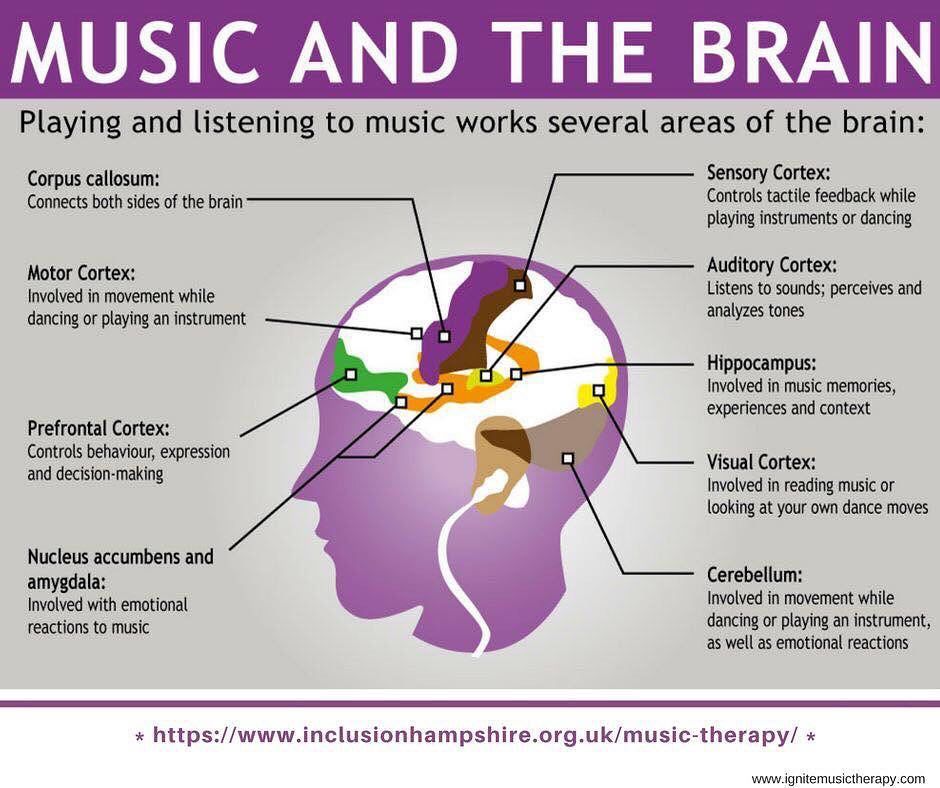Introvert extrovert hamster ball
hamster ball of personal space « Keri M. Peardon
I found this comic on LOLSNAPS.com and thought it was funny. But when I re-read it, I realized that, while a bit blunt, it is quite accurate.
I will confess that I’m an introvert. Not only that, but my protagonists tend to be introverts:
- Scott (from The Bloodsuckers) is an introvert.
- Anselm (from Acceptance) is so introverted, he’s gone down in Canichmeh history as the second-most introverted vampire ever known. (Canichmeh vampires have a natural desire to be around others of their own kind. But after Anselm’s father died, he traveled around Europe without any contact with other vampires for about 150 years. Only one other vampire is known to have gone longer without contact with other vampires.)
- Kalyn is also an introvert, although not to the degree that Anselm is.
- Jakub (from The Flames of Prague) is an introvert. He hates going to court (and the people who congregate there) with a passion and spends all his time with his small household/retinue and family.
That’s not to say that there are no extroverts or ambiverts (a person who can be either an introvert or extrovert depending on their own mood or the situation) in my writing; Joshua, Micah, and Ciaran are all extroverts, while I think I would peg Josie as an ambivert. But notice that they’re secondary characters; when it comes to writing predominately from one person’s point of view, I prefer that person to be an introvert.
In fact, I think I only have one extroverted protagonist: Aine from The Last Golden Dragon. And the entire story takes place between just her and one other person–hardly the sort of situation where an extrovert will shine through.
The Hamster Ball
Introverts have a stronger sense of personal space than ambiverts and, especially, extroverts. When I was in Amsterdam, people drove me crazy walking shoulder-to-shoulder with me, even when there was room on the sidewalk for them to scoot over. (Some of this is cultural; I’ve noticed Europeans in general tend to have less of a concept of personal space than Americans or even Brits.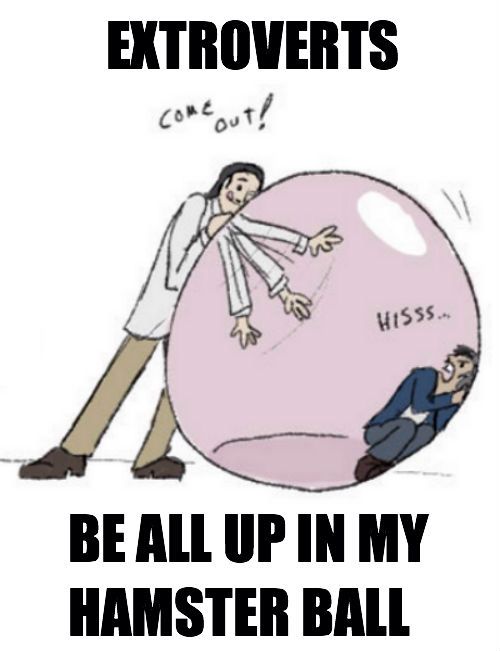 )
)
There are many times when I find myself taking a step back because someone is standing too close to me while talking. I’ve even been known to roll or scoot my chair back if I’m sitting down and someone’s too close. Ideally, I like people to stand at least an arm’s length from me. Closer than that, and you come off as aggressive, not friendly.
While extroverts can find sitting across the desk from someone and having a conversation annoying–even rude–an introvert almost never has a problem having a seat and keeping a large piece of furniture between them and the other person.
But, just because introverts don’t like to have close contact with most people doesn’t mean that they don’t want close contact with anyone. While introverts can be hard to get to know, once they let you in their hamster ball, you are there for the long-haul. Introverts tend to be very loyal friends and lovers because, once they become comfortable with someone, it takes less energy for them to maintain that relationship than to make another one.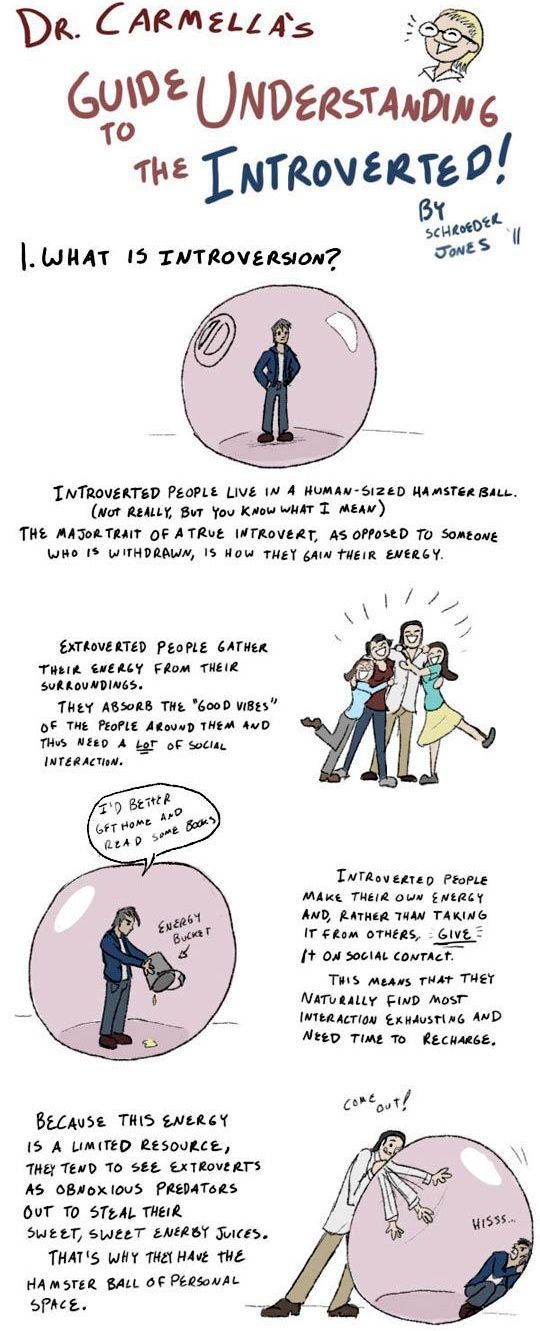 (Sometimes this means an introvert gets stuck in a negative relationship because they don’t want to go to the trouble of breaking up and finding someone new.) Also, introverts tend to have few friends and prefer to cultivate a very deep relationship with someone than have many superficial relationships.
(Sometimes this means an introvert gets stuck in a negative relationship because they don’t want to go to the trouble of breaking up and finding someone new.) Also, introverts tend to have few friends and prefer to cultivate a very deep relationship with someone than have many superficial relationships.
It may seem contradictory, but introverts can actually be quite clingy with the friends and loved ones that they have. For one thing, having fewer friends means the ones they have get a lot more of their attention. Secondly, because introverts tend to make deep–even spiritual–connections with one or two people, they can sometimes derive energy from a relationship (more on that in a moment), which means hanging around that person actually makes them feel more energetic. So they can get clingy in an attempt to keep that energy coming in. Lastly, introverts, by their very nature, are not social creatures; the larger the social venue, the more they’re out of their element. If an introvert can find a familiar face in the crowd, they may latch on and not let go.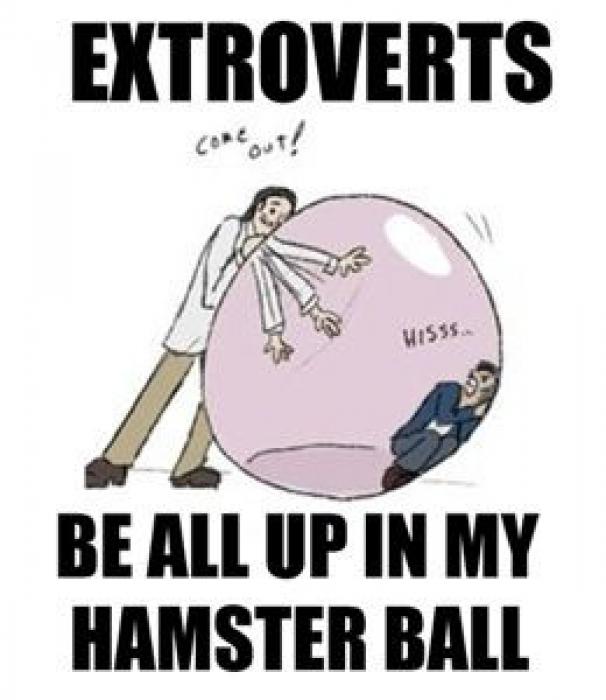
The Energy Bank
I think the comic is correct: introverts make their own energy. (I would not be at all surprised if someone found that introverts tend to sleep more hours and have fewer occurrences of insomnia than other personality types.)
Think of energy as dollars. Every morning, when an introvert wakes up, she has a limited number of dollars in her bank account. (Just how many depends on a number of factors: savings left over from previous days, the season/weather, whether she feels good or is sick, is under stress or not, etc.) The vast majority of interactions with people require a withdrawal from that bank account.
The less personal the interaction, the less energy it requires. For example, if someone comes to me in the morning and asks, “Hey, Keri, have you seen such-and-such file?” it takes next to no energy for me to find the file for them–even if I have to go on a treasure hunt to find it. However, if someone comes to me in the morning and says, “Good morning, how was your weekend? Did you see such-and-such show on television last night?” the energy starts to flow out of me.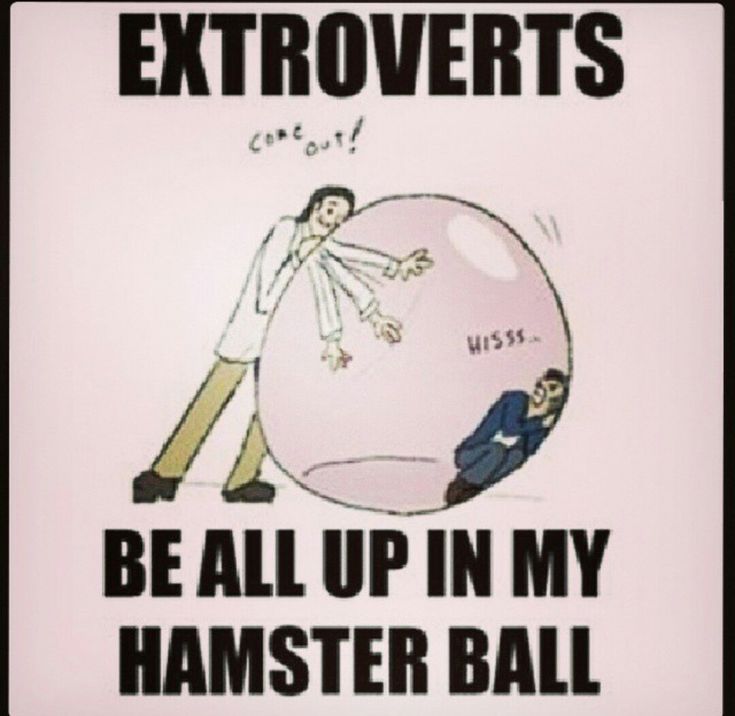
(That’s not to say that I hate to have personal conversations with people; I even initiate them. It’s just that when I get to the end of the day or end of the week, if I’ve had few personal interactions, I will have more energy in my bank to spend on parties, friends, or family get-togethers. The more personal contact I’ve had with people at work during the day, the less I want to go anywhere or be with anyone in the evenings or on the weekend.)
The more people involved, the more energy is withdrawn–exponentially so. Meetings and parties wear me down very quickly. That’s not to say that I never have a good time or accomplish something at a meeting or party, but group interaction at a meeting or committee needs to be an hour or less; more than that and I start spending all my mental resources looking for an escape route.
If I have good conversation, am entertained, or meet interesting people at a party, I can actually get an energy boost from the experience. But that boost is nullified if the party goes on too long.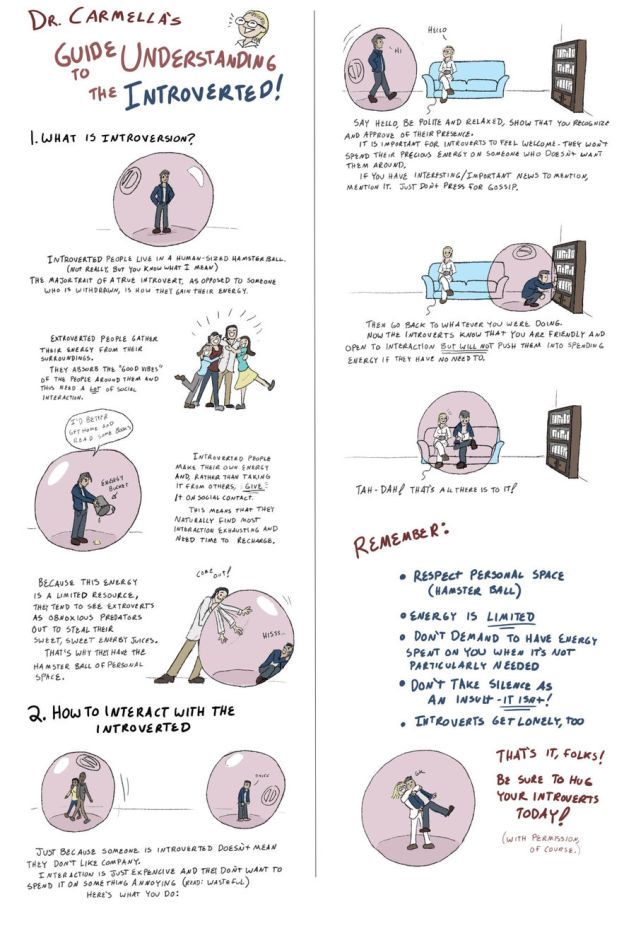 Three hours is about my limit; if I stay longer than that, then my energy starts to drain like water down a bathtub and instead of leaving on a high note, I leave exhausted and want to spend the next day (or three) home alone in order to replenish my bank account.
Three hours is about my limit; if I stay longer than that, then my energy starts to drain like water down a bathtub and instead of leaving on a high note, I leave exhausted and want to spend the next day (or three) home alone in order to replenish my bank account.
How to Interact with the Introvert
If you know or suspect your co-worker is an introvert, there are some things you should know to have good interactions with them.
1. Give them time to warm up.
You know how some people need coffee to feel human in the mornings?
This is the introvert. While a particular introvert may or may not need coffee to get going in the morning (I don’t), they do need time to get themselves sorted out. They’ve just spent 8 hours or so sleeping; they’re still in their cocoon. They may or may not “good morning” you when they first walk in the door at 8:00 AM. They may still be sleepy or, if they’re like me, they’ve just spent close to an hour in the car, commuting, and thinking deep thoughts or mentally preparing their to-do list.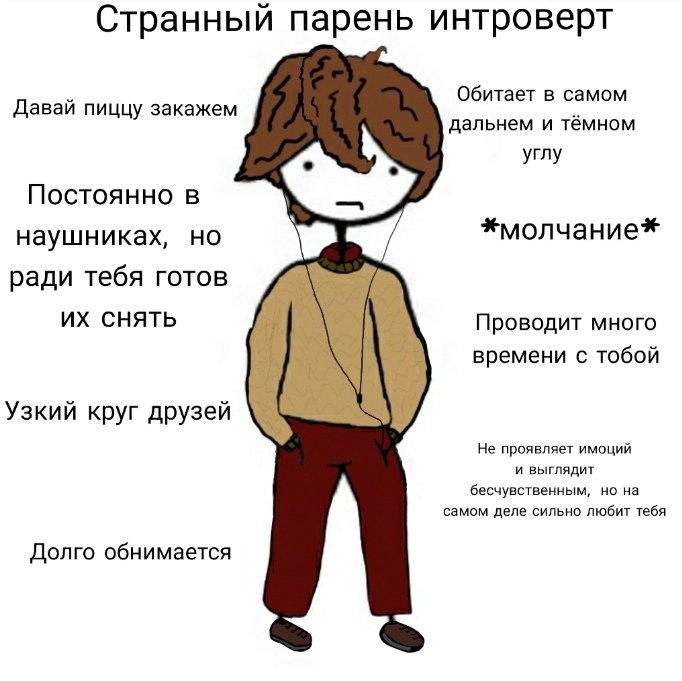 Don’t take a lack of greeting personally; when an introvert is particularly introverted (like in the mornings), all personal interaction–even just a “hello”–takes considerable effort. Give them a little while. Usually within an hour or two of getting to work, I’m ready to take a break from my tasks and “make the rounds.” I get some tea or hot chocolate, go to the bathroom, and see how other people are doing (both work-wise and personally). Once I’m good and awake, personal interaction takes a lot less energy.
Don’t take a lack of greeting personally; when an introvert is particularly introverted (like in the mornings), all personal interaction–even just a “hello”–takes considerable effort. Give them a little while. Usually within an hour or two of getting to work, I’m ready to take a break from my tasks and “make the rounds.” I get some tea or hot chocolate, go to the bathroom, and see how other people are doing (both work-wise and personally). Once I’m good and awake, personal interaction takes a lot less energy.
2. Don’t take silence for anger.
Personally, I’m not the type to be angry for long or to hold grudges. I don’t know if that’s true for most other introverts, but I think it’s pretty safe to say that if an introvert is being quiet, it’s because they’re lost in their own little world of thoughts, not because they’re steaming and plotting how to get revenge on you for going out without them last week.
3. Invite them out, even if you’re pretty sure they’ll turn you down.
I tend to turn down most invitations, but I still like to receive them because it shows that people care. Introverts can maintain good friendships with people without seeing them for long periods of time, as long as they receive the occasional assurance that their friend cares. (Conversely, don’t take repeated rejections as a sign that they’re mad at you or don’t like you; if they otherwise act like they like you, then you can be sure they’re turning you down just because they don’t have the energy for the activity; it’s not you.)
And sometimes the introvert will surprise you by accepting. Sometimes you will catch them when their energy bank is running high or they’re in a particularly upbeat mood or the activity you offer is going to be short or intimate. (Introverts prefer to go out to eat with one or two people, rather than a group, and, for me, at least, I prefer activities that last less than 3 hours.)
4. Maintain non-personal contact.
Most introverts love things like e-mail, Facebook, and texting/instant messaging because it allows them to talk to people without actually engaging in social contact. (Phone calls are generally preferred over face-to-face contact, but don’t expect the introvert to actually make the call; they tend to avoid calling people like they tend to avoid meeting people.) Online interaction tends to be the introvert’s element, and he or she can happily interact online or via text and have that count as meaningful interaction (whereas, for an extrovert, that can never replace actually being around people).
(Phone calls are generally preferred over face-to-face contact, but don’t expect the introvert to actually make the call; they tend to avoid calling people like they tend to avoid meeting people.) Online interaction tends to be the introvert’s element, and he or she can happily interact online or via text and have that count as meaningful interaction (whereas, for an extrovert, that can never replace actually being around people).
5. Just be near.
Introverts are perfectly capable of entertaining themselves, and if they have to be engaged in long-term contact (e.g. staying with someone for a weekend), it’s a good idea to give them some time alone to recharge their batteries. Don’t feel you’re being a bad host if you leave them to watch TV or help themselves to your bookcase while you cook or go about your daily business. Introverts prefer not to be constantly engaged or entertained (because they feel like they have to entertain you as much as you have to entertain them!), and they’re never lonely as long as someone is nearby.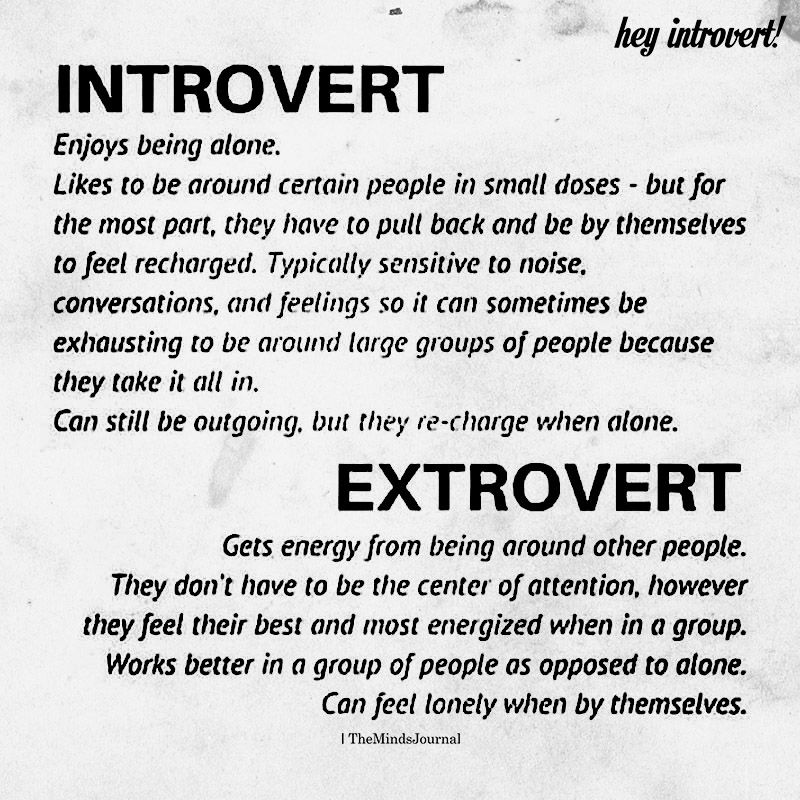 I’m perfectly happy to have someone in the house with me, but spend most of our time in separate rooms.
I’m perfectly happy to have someone in the house with me, but spend most of our time in separate rooms.
6. Ask non-personal questions.
Introverts are not usually very gossipy and not very open about their personal lives–at least not with people who are not close friends. But introverts can actually talk at great length about topics which don’t involve other people. I’ve amazed many people with discourses on history, religion, anthropology, etc. And if you get me started on my books, I won’t ever shut up.
Introverts tend to read and study a lot, and you can learn a lot from them; just get them talking about what interests them. They love to have intellectual conversations and both teach and learn.
The Exceptions to the Rule
When an introvert clicks with another person in just the right way, he or she can actually reverse their energy situation so that they get energy from another person, not lose it. When this happens, you can–surprisingly–find the introvert happily engaged with their soul mate for hours at a time. (As I mentioned before, they can even become clingy in these situations.)
(As I mentioned before, they can even become clingy in these situations.)
While the cartoon says that introverts tend to see extroverts as predators, I have to say that’s not always the case. Some extroverts are more aggressive than others. Aggressive extroverts are quick to see an introvert as someone who is broken and needs an immediate intervention, or is someone who is weird or hateful and needs to be attacked.
There are non-aggressive extroverts, however, who can interact quite well with introverts. Non-aggressive extroverts are friendly people who make conversation (and friends) easily; they have a way of putting everyone at ease. Introverts can actually engage quite well with these kinds of extroverts. Many times introverts are quiet in social situations because they don’t know how to approach someone, don’t want to interrupt or come off as an annoyance, etc. An extrovert who approaches them and is friendly, however, can quickly draw them out.
More on the habits of introverts
I also recommend Susan Cain’s book Quiet, the Power of Introverts in a World that Can’t Stop Talking and her TED talk on The Power of Introverts.
Probably the Best Guide to Understanding the Introverted—An Infographic
This brilliant infographic—Dr. Carmella’s Guide to Understanding the Introverted by Roman Jones—will help you understand how introverted people “tick”.
We live in a world dominated by extroverts. In What Extroverts Should Know About Introverts—3 Tips for Understanding an Introvert, I explained that introverts make up at least 25% of the World’s population yet are often misunderstood and undervalued.
Quiet people are often found to have profound insights.The shallow water in a brook or river runs fast: the deep water seems calmer. – James Rogers
As I’ve said before, I’m a right-brained introvert. But I’m neither shy nor aloof. In work, I am calm, self-contained, and notice detail many others don’t see. I listen more than I talk, and I prefer to think before I speak. In other words, I “spend” energy when needed.
Here’s why…
Understanding an introvert isn’t rocket science, it’s simply recognizing and valuing differences.
What is introversion?
Introverted people live in a human-sized hamster ball (not really, but you know what we mean.) And, the major trait of a true introvert, in contrast to someone who is withdrawn, is how they gain their energy.
Extroverted people gain energy from their surroundings. They absorb “good vibes” from the people around them and need lots of social interaction.
By contrast, introverts make their energy. Unlike extroverts, they spend their energy during social interaction. This means that most introverts find prolonged social interaction exhausting and need time to “recharge”.
Because this energy is a limited resource, they tend to see extroverts as obnoxious predators out to steal out to steal their sweet, sweet energy juices (Dr. Carmella’s words, not mine.)
That’s why they need their personal space.
How to interact with the introverted
Introverts enjoy company, but they find interacting with people tiring because it consumes lots of energy. So, introverts avoid expending energy on something that they consider wasteful.
Here’s what to do…
Say “Hello”, be polite and relaxed, show that you recognize and approve of their presence. It is important for introverts to feel welcome, as they won’t spend their limited energy on someone who doesn’t want them around.
So, if you have interesting new or information, simply mention it. But don’t press for gossip. Then go back to whatever you were doing.
Now, the introvert knows you’re friendly and open to interaction, but will not push them into spending energy if they have no need to do so.
Ta-dah! That’s all there is to it.
Remember:
- Respect personal space (hamster ball)
- Energy is limited
- Don’t demand to have energy spent on you when it’s not particularly needed
- Don’t take silence as an insult; it isn’t
- Introverts get lonely too
Be sure to hug an introvert today… with permission, of course!
If you found this useful, please take a few minutes to read What Extroverts Should Know About Introverts — 3 Tips for Understanding an Introvert. It’s about getting the best from teams, which inevitably are made up of introverts and extroverts.
Are you an introvert or an extrovert? Maybe you’re a bit of both? Please share your thoughts in the comments section.
Dr. Carmella’s Guide to Understanding the Introverted by Roman Jones
Hamster ball, or About introverts and extroverts
Hello again. On the air, socionics, and today we will talk about the manifestations of the dichotomy of extraversion - introversion, and how it affects our appearance. I’ll make a reservation right away that everything stated below is an alloy of information obtained from various sources, and my thoughts and observations on this matter, and therefore, is not the true last resort, and does not claim to be one. Ezhili, in the hall there are those who disagree with the author of this essay, please, if possible, do not throw slippers. We state our point of view, comment, discuss and supplement. We are looking for the truth, in line with a constructive discussion.
And so:
What are extraversion and introversion, in the interpretation of socionic theory?
Extraversion is the orientation of the individual to the external world, the focus of attention on external objects and phenomena, the objective perception of oneself as an object of this world. I am one of the objects of this world.
Introversion is an orientation to the inner world, a focus on one's own impression of an object, a subjective perception of one's attitude towards objects. I am the subject around which this world is built.
"Quite often, these features are confused with such qualities as sociability - lack of sociability. However, sociability in essence is contact, the ability to easily and quickly converge with people. These qualities are largely determined by the signs of logic - ethics. On average, ethics are more sociable,
An uncommunicative extrovert tends to observe the world from the outside, noticing everything that happens, but not making contact with people
A sociable introvert can intensively contact people either because these people are included in his subjective world, or because he information that is directly related to his subjective world is required.
Quote: http://www.socionika.info/priz.html
How do these dichotomies manifest themselves in human behavior?
Extrovert perceives the outside world, including himself, as a set of interchangeable objects that can be influenced and manipulated. An extravert's attitude to objects is less mobile, so an extravert will rather prefer to change the object to the requested condition - attitude.
Introvert perceives the world as a set of relationships to objects that can be changed and influenced, and objects for him exist, rather, as a given. Therefore, an introvert is more likely to change his attitude towards an object than the object itself.
What does this mean in "human language"?
An extrovert will influence the situation and people, adjusting it to his requirements (attitude).
Introvert will rather adapt himself and change his attitude to existing circumstances and people (objects).
Extrovert , if the situation does not triple it, or the person, whether it be a boss, subordinate, friend or spouse, will try to influence the object or replace it. He will take his spouse to a psychologist, transfer his subordinate to another position, fire him or hire a new one. If possible, he will try to re-elect the boss, or act as an informal leader.
Introvert will most likely try to adapt himself. Less likely to contact the authorities, entrust a subordinate with a different type of work, or take part of the work on himself, he himself will go to a psychologist for advice, so that
readjust yourself.
As a result:
Extrovert looks more energetic. Easily takes the initiative, and the role of leader. Promotes others and himself. Draws attention to others. Often asks questions, asks about something. Can draw the attention of others, to the person who is interested in him.
An extrovert respects and likes to take responsibility, and dislikes duty and duty.
Enthusiast. Sets a goal and achieves it. In failures, he is inclined to blame external circumstances, and not himself.
Gets upset if something restricts his activity. I wanted to do something, but I no longer need to.
Criticism for slowness will cause aggression; for excessive activity will be perceived as a compliment.
Needs praise and attention for his care.
Introvert looks less active, more calm, self-absorbed. More of an observer than an initiator. He does not promote himself or others. draws attention to oneself; waiting to be noticed. He does not aspire to a leadership position, but if he becomes one, he feels irreplaceable.
Respects a sense of duty, does not like to take responsibility.
Self-critical. Rather finishes things to the end than goes to the goal. In failures, he tends to blame himself.
Rather upset because of excessive activity. Did something but didn't have to.
Criticism for sluggishness can stir up, for excessive activity "kills".
Needs attention and praise for his work.
External manifestations:
As a rule, extroverts a more lively look, as if scanning space, and wide, sweeping gestures from the shoulder.
Therefore, they also choose clothes that are freer, not restricting movement. Since the extrovert boldly puts himself forward, this is also manifested in clothing by a bolder choice; not necessarily more original or prettier, it's just that an extrovert feels more confident in "not like everyone else's" clothes.
In introvert , the gaze is often directed at itself, or rather, at the floor. The gestures are small from the brush, and therefore the clothes on him, “as they put it, it lies.” Less often something slips and warps. An introvert does not put forward himself, it is more difficult for him to fall out of the environment, as a result, his clothes are more “accepted” within the framework of the society in which he lives.
From my personal observations, extroverts more often prefer yang colors, that is, dark or bright, and introverts yin - light or softened.
I repeat once again that everything described above does not mean that a person will always act only as prescribed for his type. Both extroverts and introverts have certain circumstances, depending on which a person will act differently.
To determine fidelity, it is necessary to observe which reaction dominates. When it comes to yourself, it may be useful to notice which of the reactions is primary. That is, according to what scheme you want to act initially, “on the machine”, and which one you resort to when you need to achieve something.
Addition from aufall
for an extrovert to communicate with people - rest, to be alone - work (in the sense, you get tired of it), for introverts - to be alone with yourself - rest, to be among people - work that is exhausting.
The tendency to communicate one on one is an introverted characteristic.
do not forget that extraversion and introversion are two poles of one inseparable scale, that is, many intermediate options are possible.
And finally, task :
I suggest everyone to delve into their memory and find examples of the manifestation of extraversion or introversion in your own behavior or the behavior of others.
Materials used in preparing the post:
http://www. socionika.info/
socionika.info/
http://psychotype.ru/
http://psy-resource.com/
Funny pictures http://vk.com /wall-34665995_9165
Book: Susan Cain "Introverts" | Notes of a hamster Gluck
I remember that in my childhood I had a period when I was very carried away by all sorts of tests, I even collected them in a separate notebook. It all started with the Eysenck test for temperament, in which all people were divided into choleric, sanguine, melancholic and phlegmatic. But Eysenck also had another test, which, by the way, strongly overlapped with his temperament test, the introversion-extroversion test.
Who are introverts and extroverts? There are actually a huge number of scientific interpretations, and they sometimes differ in details. But I'll try to describe in simple terms.
Introverts are usually quite closed people, they tend to focus on their inner world. Usually unsociable, feel uncomfortable in public and in general in large companies. Parties will prefer an evening with a book.
Extroverts are the opposite of introverts 😉 They like to be seen, often become the soul of the company, have a huge number of friends and acquaintances, are very sociable.
So, when I was advised to look at Susan Cain's book called Introverts. How to use the features of your character, "I could not resist. Why? Yes, because I'm an introvert. Strange, but this statement is very surprising to many of my friends. For some reason they can't believe it. But it's true: as a child, I preferred to stay at home with a book than to run around the street. I was terribly afraid to sneeze in transport and draw attention to myself. And talking to a stranger, even just asking something on the street - it was worse than A Nightmare on Elm Street. At present, however, many tests show that I am more of an ambivert - this is a kind of people who have the features of both an introvert and an extrovert are approximately equal. I don't know if this is true, or rather something acquired. But the fact remains that, being naturally more introverted, the career I chose has forced me to adapt to the world of extroverts, because of which I developed the acquired skills of extroversion in myself. That is why many of my acquaintances, who did not know me in childhood, are now sometimes surprised.
That is why many of my acquaintances, who did not know me in childhood, are now sometimes surprised.
Different personality types have different behaviors. There is no such thing as one being better than the other. However, for many decades society and the symbol of success have been compared to more extroverted characteristics: generally because extroverts are more conspicuous, I suppose. An extrovert is a real alpha male!
In her book, Susan Kane tries to understand the differences between the two types of personality, shows on the results of experiments that this type is inherent in us almost from birth and upbringing can only be corrected. He also discusses what it means to be an introvert in the current world. For example, now in the Western world it is customary to pay great attention to communication skills. Western education is even built on this. However, it is introverts who find communication much more difficult, which is why they are often referred to as “difficult” students in schools. Another example, I quote:
Another example, I quote:
We perceive talkative people as more intelligent, despite the fact that many studies of the level of intelligence and simple assessment statistics refute this opinion. In an experiment in which two strangers talked to each other on the phone, it was found that those who talked more were perceived as more intelligent, attractive and pleasant to talk to. In addition, we tend to perceive sociable people as leaders. The more a person talks, the more attention he draws to himself and the stronger his influence on the group. The pace of speech is also important: those who speak faster appear more capable than those who are slow in oral communication.
It would be all right if the tendency to talk a lot really correlated with insight, but studies do not find such a relationship.
Unfortunately, this also carries over into business:
“In my former company,” tells Lavier Burns, “if you proposed an idea, the answer was: “Great, we will set you up with a meeting with the assassination council” - group people who systematically vetoed new ideas.
" Marino describes what happened next:
“A tech guy comes up with a good idea and they start asking him questions he doesn't know the answer to. For example: “How big is this market? Do you have a business plan? What is the estimated cost of production?
This could not be observed without regret. Many couldn't answer the questions, and those who did weren't the ones who came up with the best ideas. They were just good at preparing presentations.
And so on:
In support of Drucker’s words, Bradley Egle, a lecturer at Young Brigham University, after analyzing the activities of the CEOs of 128 large companies, concluded that those of them whom the board of directors considers charismatic, have higher salaries, but by no means not the best indicators of business efficiency.
I don't mean to belittle extroverts. They have many wonderful qualities. Moreover, different personality types are better or worse suited for different types of tasks, this is also discussed in the book.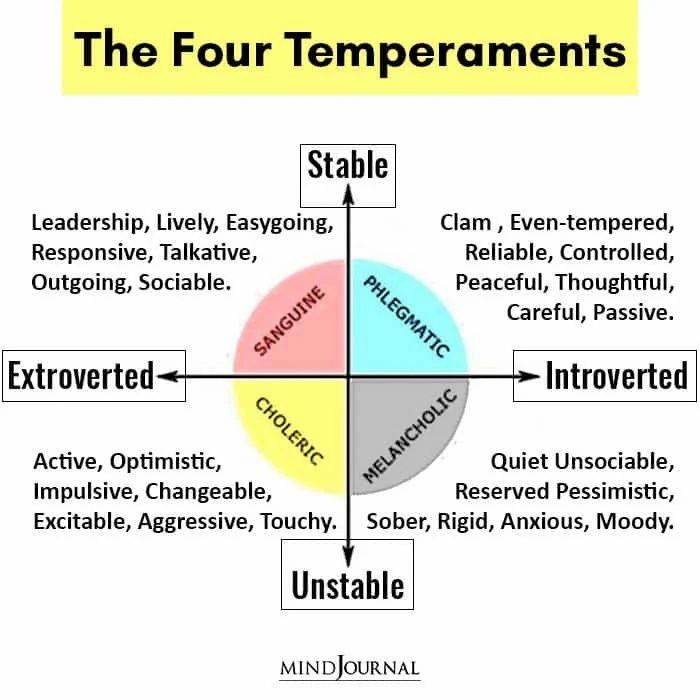
What is strange for me in the book is that, considering such examples, then the author for some reason gradually begins to move readers not in the direction of “correct use of the best features of their personality type”, not in the direction of reassessment of values in this world. She has shown over and over again that adapting your behavior towards extraversion is generally not a bad thing. In any case, this is how I perceived many of her examples.
As an introvert, I fully support the author's conclusions about the overestimation of communication skills. Introverts know how to express their thoughts, only it is better for them “on paper” than in public, where they sometimes get confused and lost. Also, research examples perfectly prove that the now so popular open spaces (large workspaces where everyone works together) is a nightmare for introverts, their productivity in such conditions falls catastrophically.
Another surprising conclusion is that brainstorming sessions, so beloved today, according to research, work worse the more participants:
Typically, psychologists name three reasons for the failure of collective brainstorming.
The first reason is social laziness: some people in a team tend to sit back while others do work. The second reason is the blocking of productivity: during a collective brainstorming session, only one person can speak or offer their idea, while others are forced to passively wait for their turn at this time. And the third reason is the fear of evaluation, the fear of looking stupid in the eyes of others.
However, they remain popular because of the “feeling of belonging”.
But enough examples! Let's talk about the pros and cons of the book.
Definitely a great material to understand the nature and differences between introverts and extroverts. Good examples of how the image of an extrovert prevails in modern society. A good (albeit slightly superficial) breakdown of the pros and cons of both types in life and business. The first third of the book is read with great interest.
But then more and more water begins in the form of stories from the life of celebrities. And these stories do not help at all to understand the idea that was put into the title of the book.
At the same time, a number of "celebrities" given as examples are somewhat ambiguous. The most important of them is the man-meme of the last time - Tony Robbins. Yes, the one that in the Russian Wikipedia, next to the status of "business coach" has a postscript "swindler" (I was not too lazy, I checked the English version, there is nothing about a scammer). The author praises him so zealously, but if you omit the tinsel, it is not clear why. He is the very example of a charismatic extrovert who has nothing behind a bright wrapper. But the author exposes him as an example to which one should strive?
The closer to the end, the more dull the story becomes. And most importantly, the author does not give an answer to the question of what traits and how to develop introverts. It is interesting to read, to note those features that are inherent in you, to reflect on what is bothering you . .. But the book does not give real conclusions and recommendations.
Except "I've always been an introvert too, but I pulled myself together, went to Tony Robbins and a bunch of other coaches, now I'm done." It's not what I personally expected from the book.
My rating : 3/5
How to use the features of your character»

